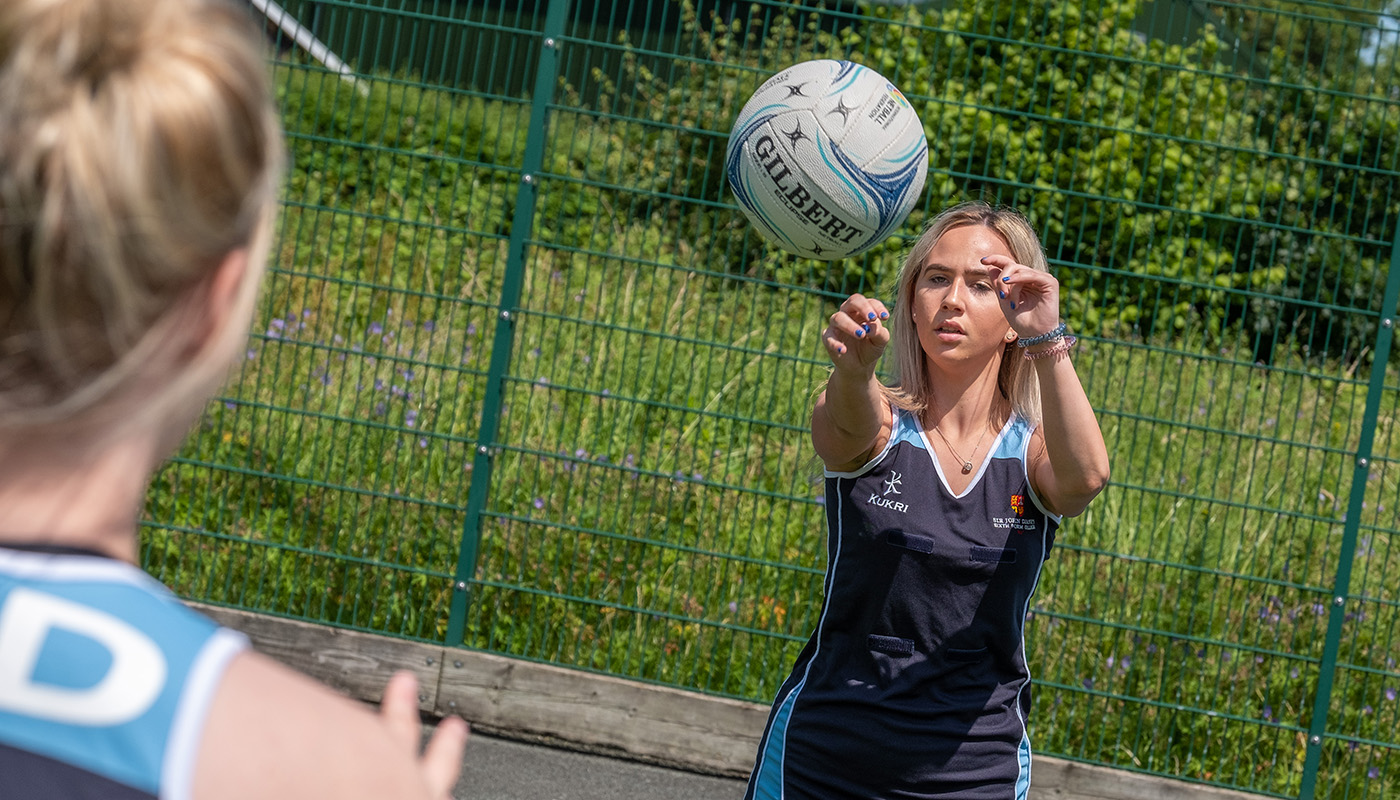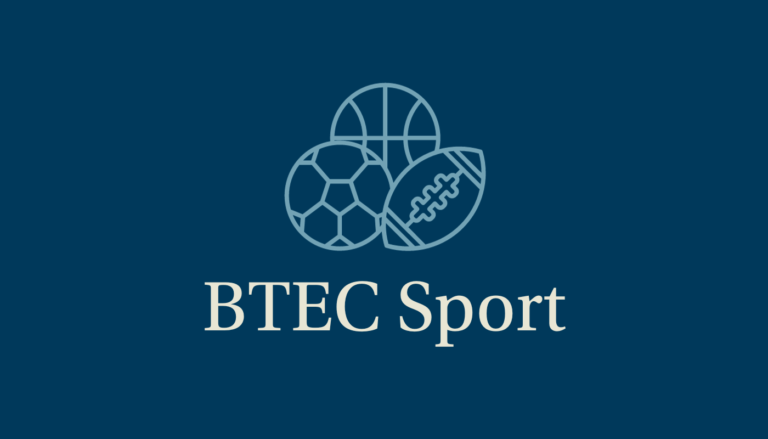BTEC Sport

BTEC Sport covers an incredibly diverse and interesting range of topics. By the end of the two years you will have studied the anatomy and physiology of movement where you will learn about the skeletal, muscular, cardiovascular and respiratory systems, various training methods and fitness testing. You will also look at individual practical sports performance and professional development in the sporting industry.
The department runs an extensive co-curricular programme enabling students to widen their interests and get involved in many sports. Among the activities on offer are football, rugby, mixed hockey, netball, basketball, rowing and swimming. For those who enjoy the outdoors we run an excellent Duke of Edinburgh’s Award programme.
Recently, the department enjoyed a trip to New York for students to experience commercialization in sport as well as visiting American Universities and watching a professional ice hockey match.
The College also welcomes talks by guests speakers from across the industry. There are also opportunities for students to volunteer at local primary schools coaching sport.
BTEC Sport can be used to gain UCAS points for any degree courses but many of the students who study the subject follow a sports related career path. This has included physiotherapy, sports therapy, sports related journalism, footwear design, PE teaching, sports science, working with elite athletes, sports marketing, sports technology, leisure management, sports coaching and sports related law.
Anatomy & Physiology – Exam Paper – 33.3% of marks
Fitness Training & Programming for Health, Sport & Wellbeing – Exam Paper -33.3 % of marks
Professional Development in the Sports Industry – Coursework 22% of marks
Practical Sports Performance – 22% of marks
Summary
Applied Anatomy & Physiology
Learners explore how the skeletal, muscular, cardiovascular and respiratory systems function and the fundamentals of the energy systems.
Fitness Training & Programming for Health, Sport and Wellbeing
Learners explore client screening and lifestyle assessment, fitness training methods and fitness programming to support improvements in a client’s health and wellbeing.
Professional Development in the Sports Industry
Learners explore the knowledge and skills required for different career pathways in the sports industry. Learners will take part in, and reflect on, a personal skills audit, career action plan and practical interview assessment activities.
Practical Sports Performance
Learners study the skills, techniques, tactics and rules of selected sports through active participation in individual/
team sports.
The BTEC Sport course requires you to have the basic anatomy and sports physiology knowledge and skills
learnt at GCSE. It is a good idea to read over your PE and Biology GCSE notes to ensure you understand the basic principles of anatomy and physiology before you start.
Focus on the topics listed below.
• Anatomical names and bones and muscles
• Agonist and antagonist muscles and the different types of muscle contractions
• Respiratory system – lung volumes
• Cardiovascular system – circulatory system
Reading about sport and developing an interest in the wider subject is all part of becoming an advanced level student.
Study Level
BTEC Extended Certificate
Exam Board
Pearson
Contact Details
Miss J Thorp
Head of Department
thorp_j@sjd.ac.uk
